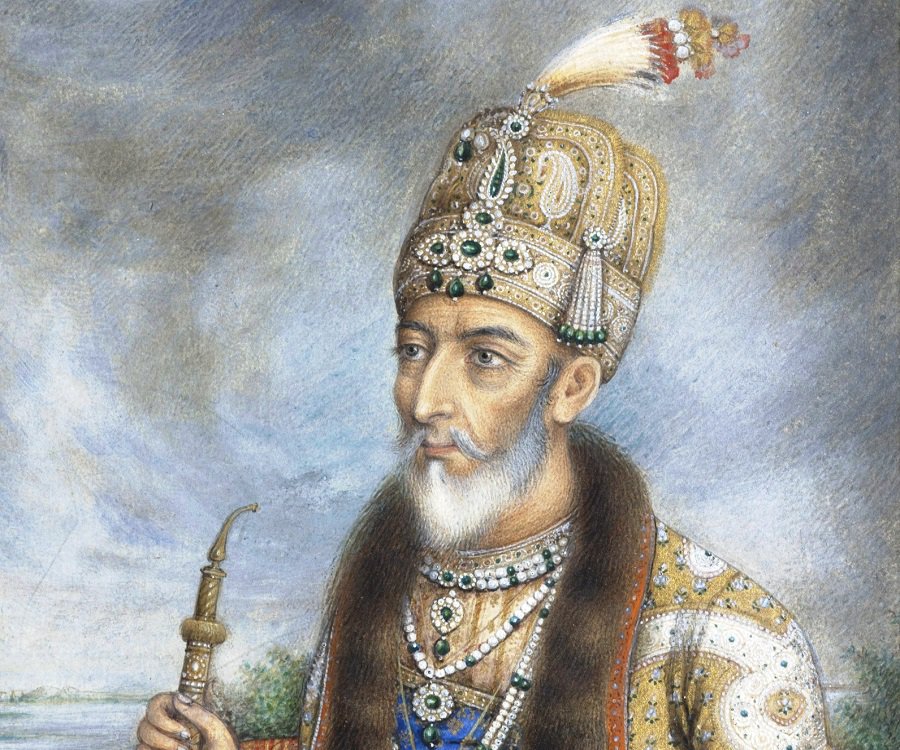
Bahadur Shah Zafar
Biography
Bahadur Shah Zafar, also known as Bahadur Shah II, was the last Mughal emperor of India who reigned from 1837 to 1857 for a period of 20 years. As the second son of Akbar Shah II and Lal Bai, he was not his father’s original choice to ascend the throne. However, circumstances ultimately led to his ascension to the throne after his father’s death. Even as an emperor he did not rule over a large empire; his empire barely extended beyond Delhi's Red Fort. By that time the East India Company was gaining political power in India and the emperor was no longer accorded any real power over the country which had by now fragmented into hundreds of kingdoms and principalities. He was not a very ambitious ruler and thus the British believed that he posed no real threat to them. However, Zafar did play a prominent role during the Indian Rebellion of 1857, fighting for India’s independence from British Rule. Though most famous for being the last Mughal emperor, Zafar was also a very talented Urdu poet and musician in his own right. He had written a large number of ghazals and his court was home to several Urdu writers of great repute including Mirza Ghalib, Dagh, Mumin, and Zauq.
Childhood & Early Life
He was born on October 24, 1775, as one of the 14 sons of Mughal emperor Akbar II. His mother was a Hindu Rajput, Lal Bai. His full name was Mirza Abu Zafar Sirajuddin Muhammad Bahadur Shah Zafar.
As a young boy he received education in Urdu, Persian and Arabic. Being a prince, he was also trained in the military arts of horsemanship, swordsmanship, shooting with bow and arrow and with fire-arms.
He developed a love for poetry from two of his teachers, Ibrahim Zauq and Asad Ullah Khan Ghalib. He was not much ambitious from childhood and had more interest in Sufism, music and literature than in the political matters of the country.
Personal Life & Legacy
He had four wives, Begum Ashraf Mahal, Begum Akhtar Mahal, Begum Zeenat Mahal, and Begum Taj Mahal. Of all his wives, Zeenat Mahal was the closest to him. He had several sons and daughters from his wives and concubines.
After his surrender to the British forces, he was sentenced to exile in Rangoon, Burma. He was accompanied by his wife Zeenat Mahal into exile. He died on November 7, 1862 at the age of 87.
